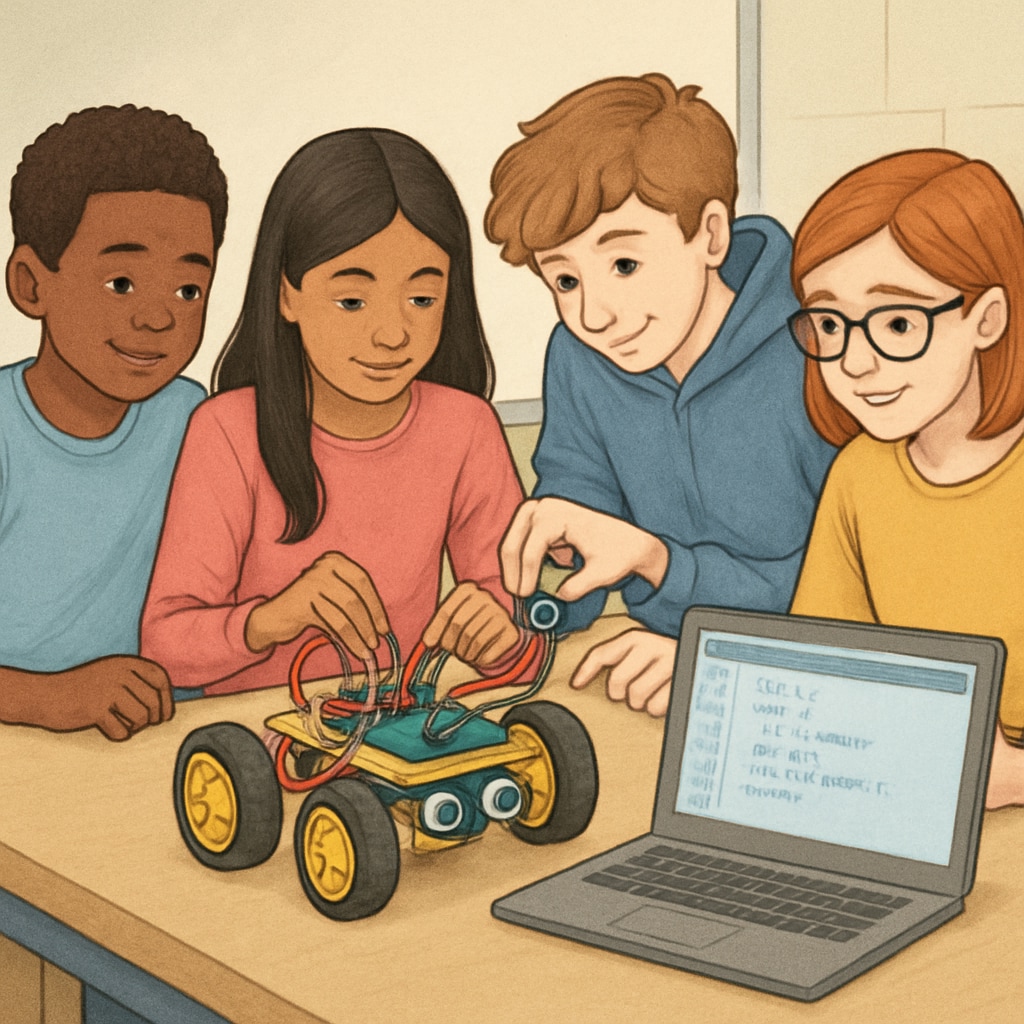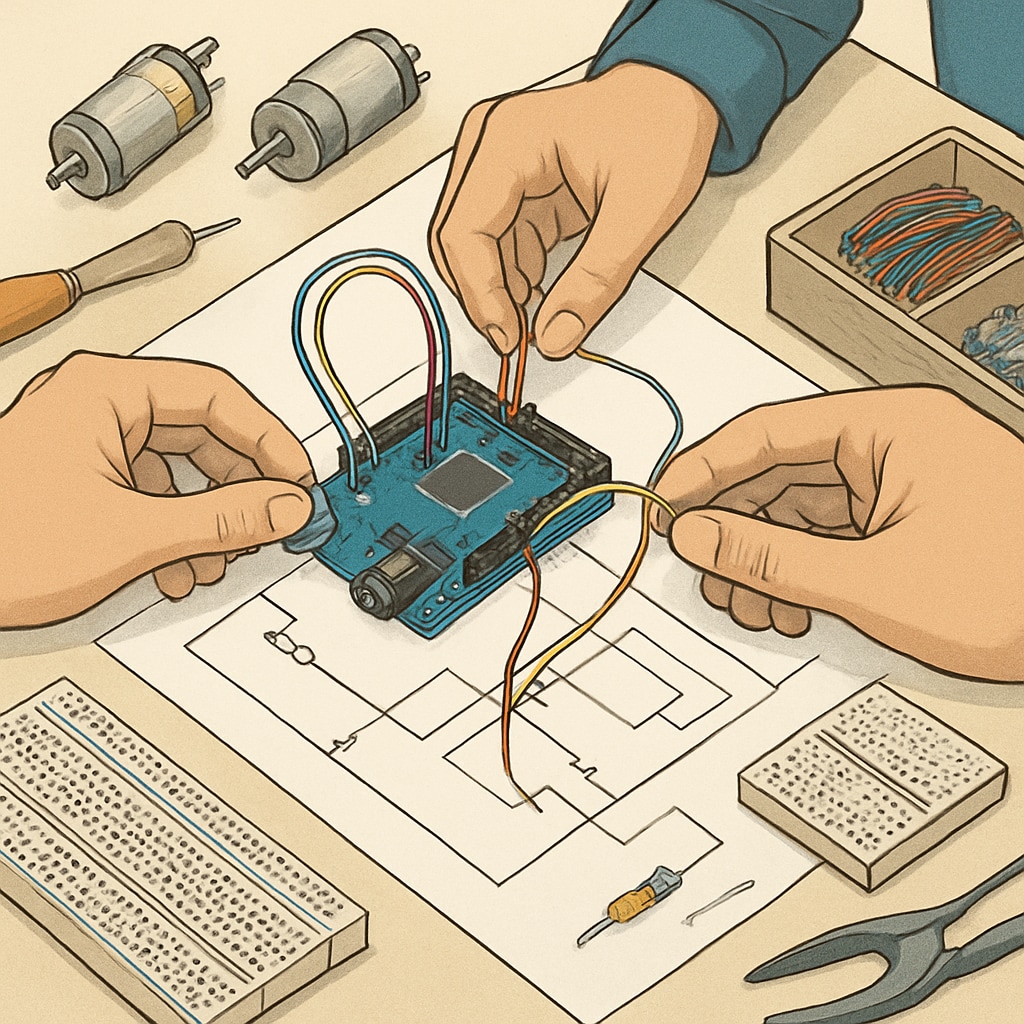For students and educators seeking a balanced robotics course, project-based learning, beginners program, this innovative approach bridges the gap between oversimplified introductions and overly complex technical training. Traditional K12 robotics education often falls into two extremes: elementary-level snap-together kits that teach little about real robotics, or advanced engineering concepts that overwhelm newcomers.

The Problem with Current Robotics Education
Most existing programs fail to provide:
- Progressive skill development from basic to intermediate levels
- Hands-on experience with actual robotics components (like those described in the Microcontroller Wikipedia article)
- Real-world problem solving through complete project cycles
Our Project-Based Learning Solution
The intensive one-week format delivers:
- Day 1-2: Fundamentals of electronics and programming (using beginner-friendly platforms like Arduino)
- Day 3-4: Mechanical assembly and sensor integration (as explained in this robot technology Britannica article)
- Day 5: Wireless communication systems and final project completion

This scaffolded approach ensures students not only understand individual components but also how they interact in complete robotic systems. The course emphasizes practical skills through:
- Daily mini-challenges reinforcing new concepts
- Team-based problem solving sessions
- Gradual complexity increase matching skill development
Readability guidance: The program uses short, focused learning modules with immediate application. Each concept gets reinforced through hands-on activities rather than theoretical lectures. Transition words like “however,” “therefore,” and “for example” help connect ideas clearly.


